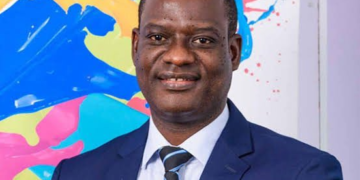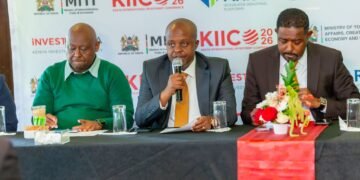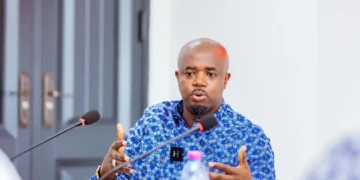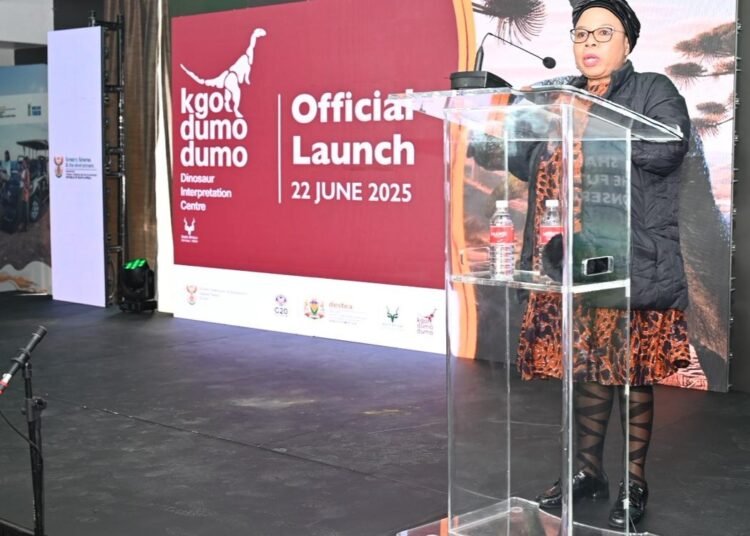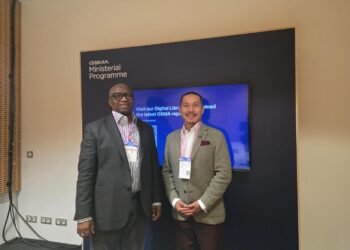South Africa’s rich paleontological legacy took center stage today with the launch of the Kgodumodumo Dinosaur Interpretation Centre, inaugurated by Deputy Minister of Tourism Maggie Sotyu.
The event, held at Golden Gate Highlands National Park, coincided with Youth Month, drawing parallels between the resilience of the 1976 Soweto youth and the 200-million-year-old Massospondylus dinosaur embryos discovered in the park by Wits University’s Professor James Kitching in 1976.
“This centre is a global first, exclusively celebrating southern African dinosaurs,” Sotyu declared, highlighting its significance as Africa’s only dedicated dinosaur interpretive facility.
The centre features ten life-sized dinosaur models, including a 14-meter-long Ledumahadi and two 6-meter Massospondylus models, alongside original fossilized eggs and a full skeleton. These exhibits, curated with the University of the Witwatersrand, showcase South Africa’s pioneering role in dinosaur research since 1854, when Massospondylus became the first dinosaur identified outside Europe.
READ ALSO: GHANA: ECG INVESTS OVER GH¢2.7M TO ENHANCE POWER SUPPLY IN ATWIMA NWABIAGYA SOUTH
The centre weaves three narratives: paleo-science, detailing fossil formation and regional geology; local dinosaurs, spotlighting scientific breakthroughs; and indigenous knowledge, integrating BaSotho mythology, including the Kgodumodumo legend, to foster cultural dialogue. Designed for accessibility, it offers tactile exhibits, braille panels, and wheelchair-friendly spaces, ensuring inclusivity for all visitors.
Sotyu praised local contributions, spotlighting artwork by Clarens Primary School learners featured in the centre. She also teased the potential for “Palaeo-Safaris” in parks like Kruger and Addo, envisioning a new dimension for South African tourism. “This centre sparks child-like wonder and pride in our heritage,” she said, inviting visitors to explore the Free State’s iconic new attraction.
The Kgodumodumo Centre, blending cutting-edge technology and immersive storytelling, positions South Africa as a leader in paleotourism, promising to captivate global audiences while honoring its prehistoric and cultural roots.



